Connect with us
News
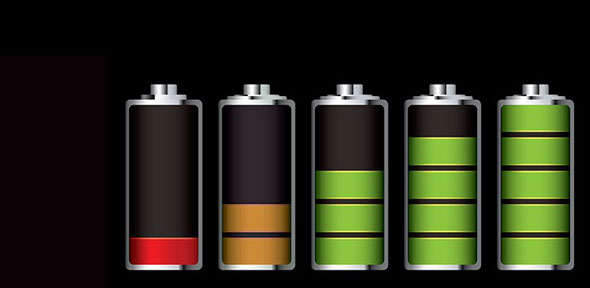
Winton Symposium tackles the challenge of energy storage and distribution
The sixth annual Winton Symposium will be held on 9 November at the University’s Cavendish Laboratory on the theme of Energy Storage and Distribution.
11 October 2017
News
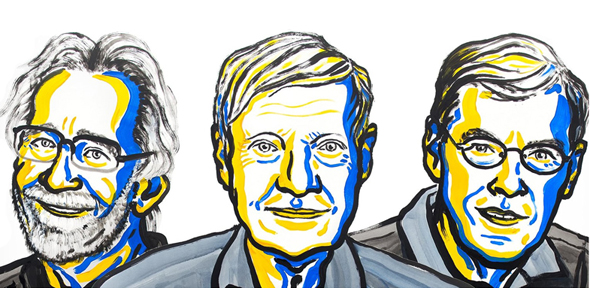
Cambridge alumnus and former research associate awarded Nobel Prize in Chemistry 2017
Cambridge alumnus Richard Henderson (Corpus Christi College, 1966) has been jointly awarded the 2017 Nobel Prize in Chemistry, along with former Cambridge University senior research associate Joachim Frank, and Jacques Dubochet from the University of Lausanne, Switzerland.
4 October 2017
News

10 quadrillionths of a second to extraction: Researchers set time limit for ultrafast perovskite solar cells
Researchers have quantified the astonishingly high speeds at which future solar cells would have to operate in order to stretch what are presently seen as natural limits on their energy conversion efficiency.
21 September 2017
News
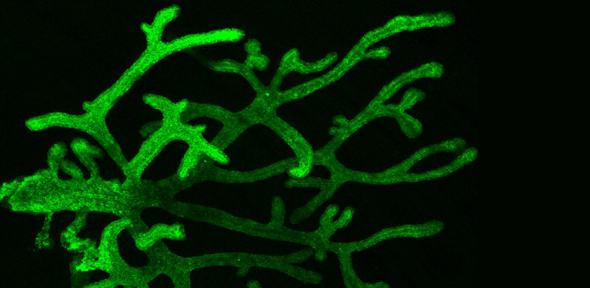
Scientists reveal the beautiful simplicity underlying branching patterns in tissue
In the centenary year of the publication of a seminal treatise on the physical and mathematical principles underpinning nature – On Growth and Form by D’Arcy Wentworth Thompson – a Cambridge physicist has led a study describing an elegantly simple solution to a puzzle that has taxed biologists for centuries: how complex branching patterns of tissues arise.
21 September 2017
News
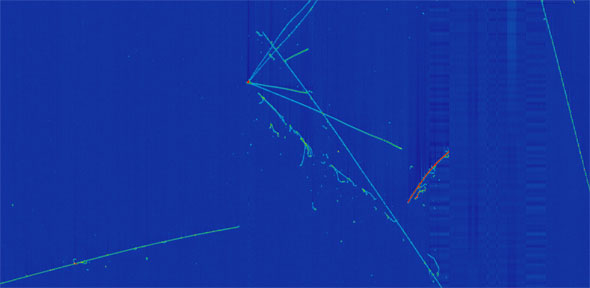
Cambridge scientist leading UK’s £65m scientific collaboration with US
The UK is investing £65 million in a flagship global science project based in the United States that could change our understanding of the universe, securing the UK’s position as the international research partner of choice. Professor Mark Thomson from the University of Cambridge’s Cavendish Laboratory has been the elected co-leader of the international DUNE collaboration since its inception and is the overall scientific lead of this new UK initiative.
21 September 2017
News
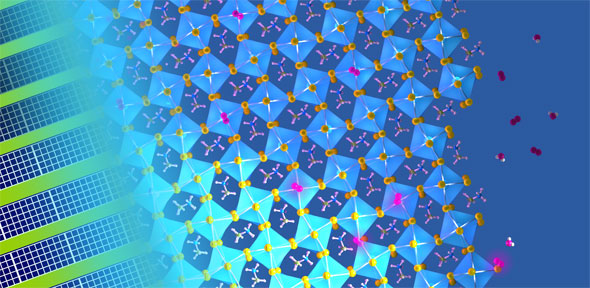
Defects in next-generation solar cells can be healed with light
Researchers have shown that defects in the molecular structure of perovskites – a material which could revolutionise the solar cell industry – can be “healed” by exposing it to light and just the right amount of humidity.
6 September 2017
News
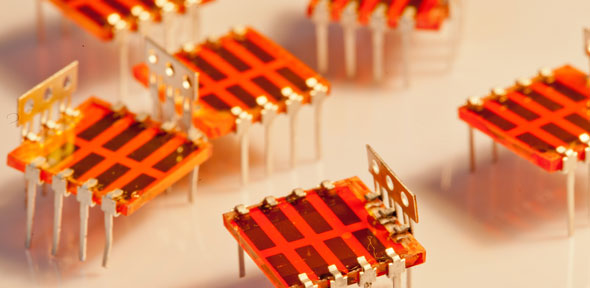
Non-toxic alternative for next-generation solar cells
Researchers have demonstrated how a non-toxic alternative to lead could form the basis of next-generation solar cells.
18 July 2017
News
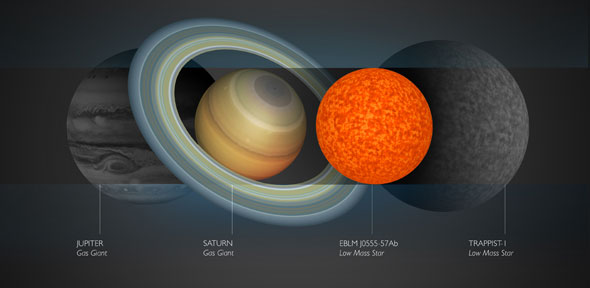
Smallest-ever star discovered by astronomers
A star about the size of Saturn – the smallest ever measured – has been identified by astronomers.
12 July 2017